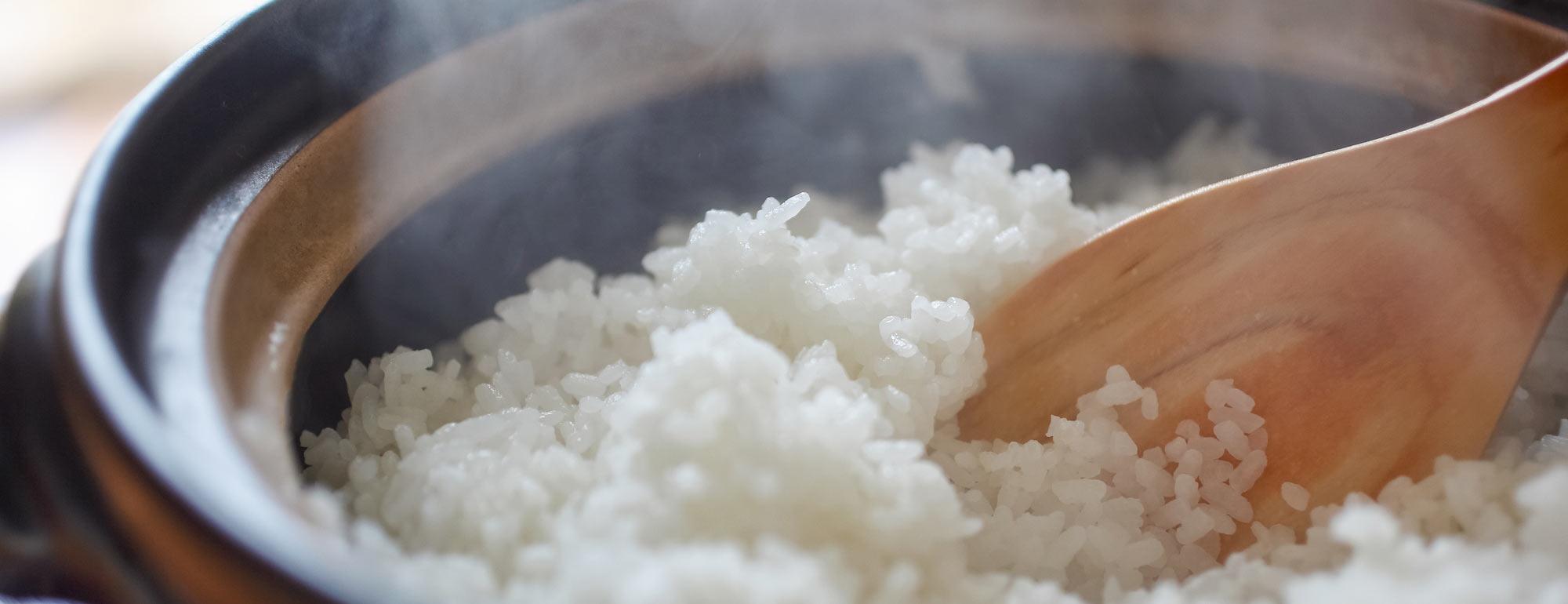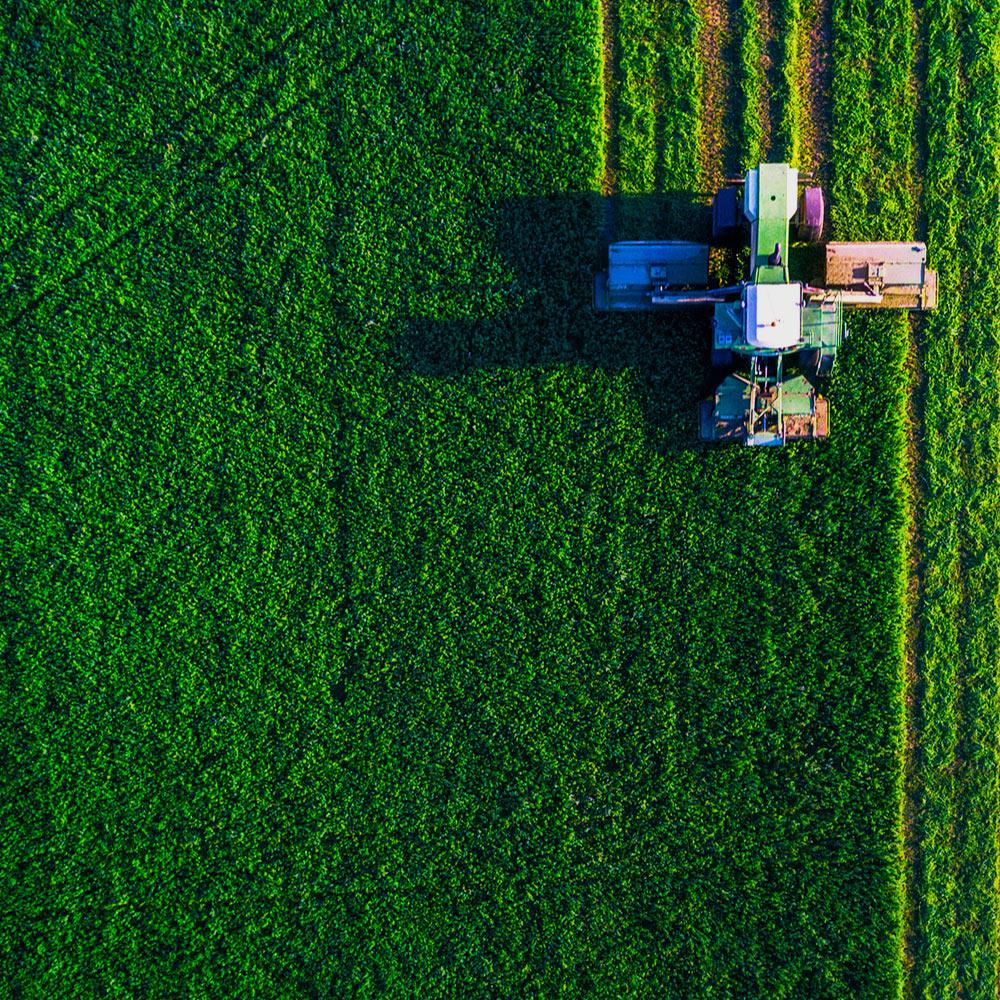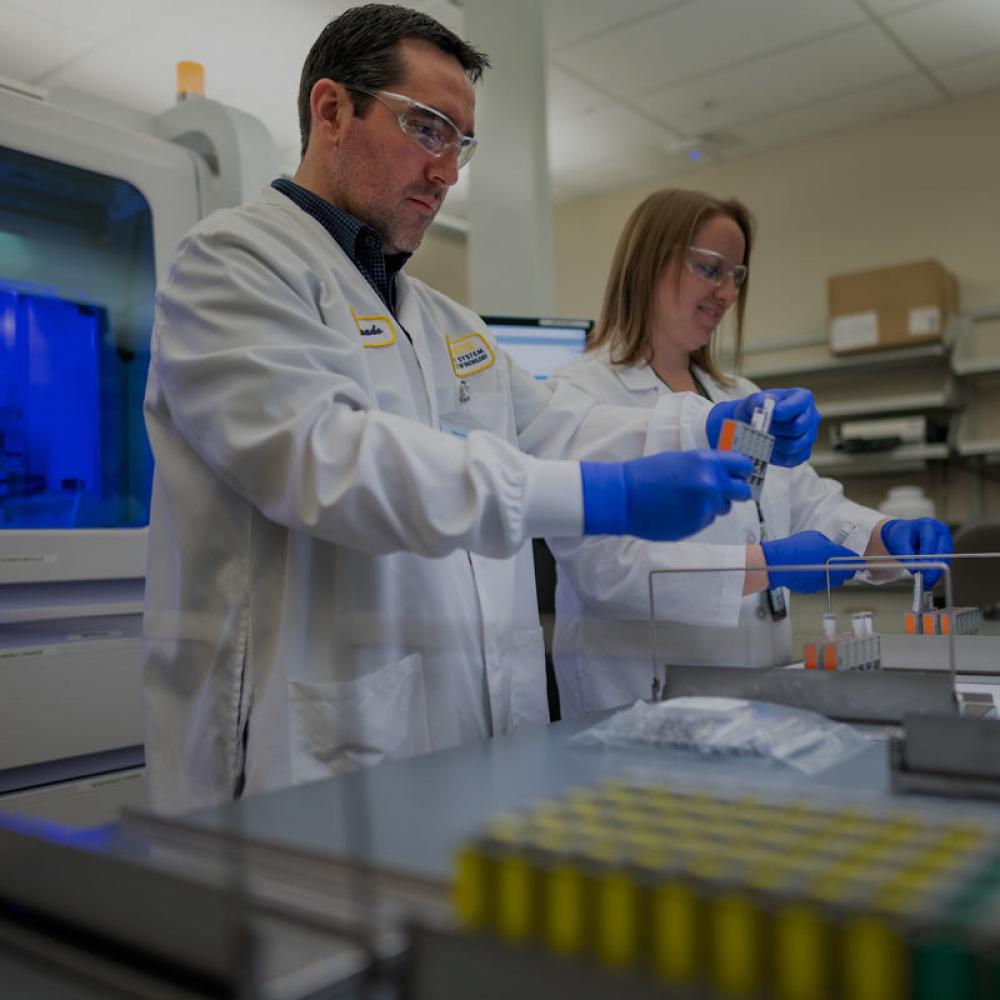
As the population boomed in the 1980s, it became more urgent to find ways to feed billions of people. Today, more than half the world relies on rice as a staple in their diet, thanks to work by plant geneticists at °ÄĂÅÁùºÏ²Ê¿ª½±½á¹û×ßÊÆͼ. In the 1990s,, °ÄĂÅÁùºÏ²Ê¿ª½±½á¹û×ßÊÆͼ professor emeritus and World Food Prize winner, developed more hardy and higher-quality rice, feeding a growing population and improving the well-being of rice farmers worldwide. More recently, and used gene modification to create flood-resistant varieties of rice, which has benefitted millions of farmers growing rice in flood-prone zones, as well as increasing food security for 70 million people in India and Southeast Asia. Genetic discoveries like these lead researchers to develop hardier, climate-resilient rice, which is the staple food for more than half the world's population.


